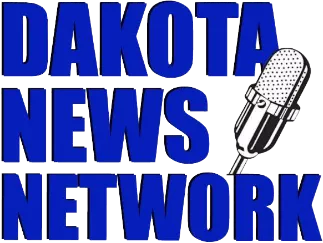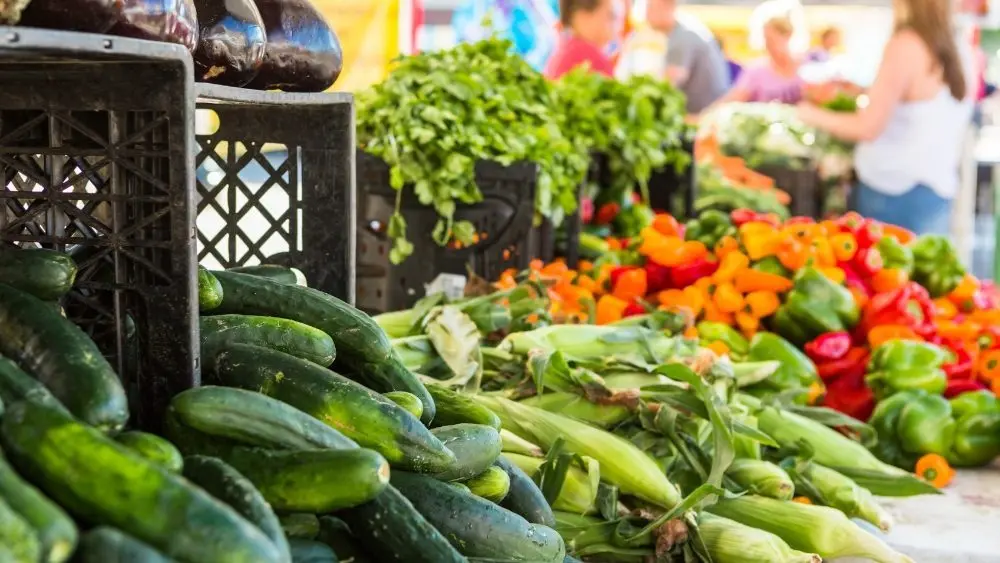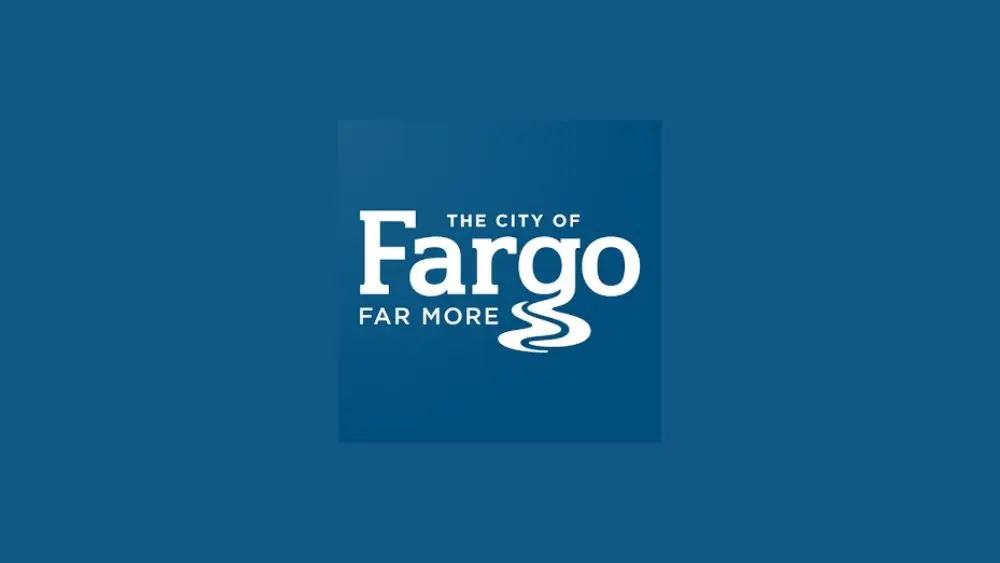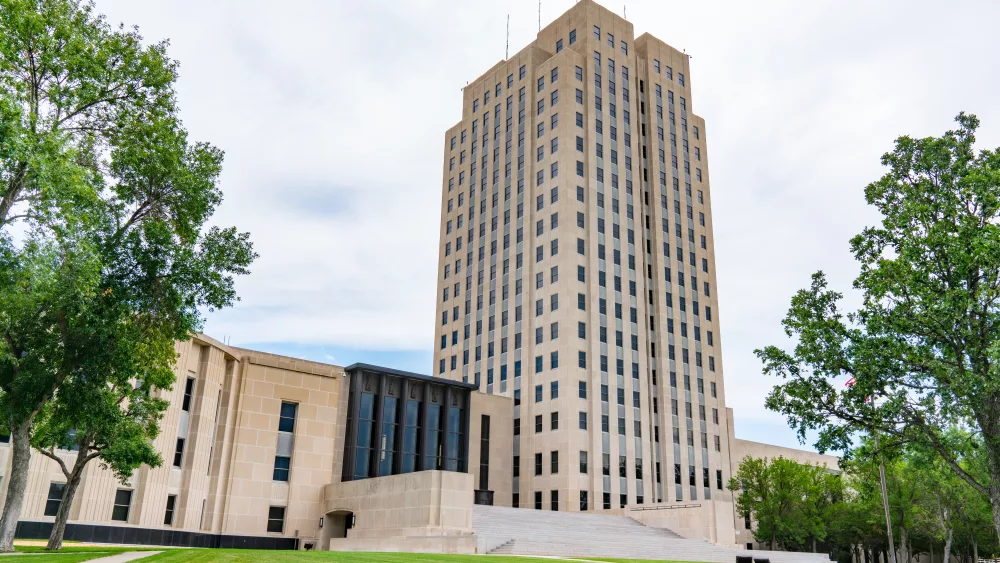MANDAN, N.D. — A regional initiative which seeks to transform the rural food system – helping grocery stores stay open and increasing access to local foods – is advancing in North Dakota. The pilot project will test a rural grocery and local food hub model in the north central region that, if successful, could be replicated elsewhere in North Dakota and rural America.
“From our experience working with cooperatives and small-town grocers on issues of rural food access, we know traditional economic and delivery models don’t always effectively serve rural places,” says Ellen Huber, North Dakota Association of Rural Electric Cooperatives (NDAREC) rural development director. “Ultimately, we envision a rural food system that no longer relies on distant supply chains, but empowers local networks that strengthen communities, support small businesses and keep dollars circulating in rural economies.”
For more than a decade, NDAREC’s rural development center has documented the closure of small-town grocery stores – from 137 stores in 2014 to just 90 today – and the increasing prevalence of food deserts, in which rural people must travel more than 10 miles to reach a supermarket or grocery store.
“Rural stores often struggle to compete with big-box stores and corporate chains,” Huber says. “The wholesale price these small-town stores are paying for certain products is more than what you could buy that product for at retail level at one of the big-box stores.”
The initiative aims to foster collaborative purchasing among rural grocery stores to improve wholesale pricing, variety and affordability. Additionally, the project will engage local food producers and establish a food hub to aggregate, store and distribute local foods and conventional groceries.
A food hub is a business or organization that actively manages the aggregation and distribution of food products. Food hub services may include transportation, marketing and sales, light processing and packaging, a commercial kitchen and training center.
A feasibility study conducted earlier this year in the pilot area – an approximate 100-mile radius of Minot – identified approximately six to eight grocery stores interested in collaborative purchasing and product redistribution. Project champions hope to identify more interested grocery stores and local food producers.
“While North Dakota agriculture leads the nation in many ways, most food produced locally leaves the state for processing and returns at a markup,” Huber says. “The overarching goal is to provide rural residents with convenient access to healthy, affordable foods, including fruits, vegetables, meat, dairy and grains that are produced right here in North Dakota.”
The advancement of the regional grocery and local food hub initiative is made possible through a $12.6 million grant commitment from the Bush Foundation. The Rural Development Finance Corporation (RDFC), which is staffed by the NDAREC rural development center and supported by rural electric and broadband cooperatives in North Dakota, will lead a multi-year effort to develop, implement and test the model. The Bush funding represents one of the largest single investments in rural grocery access and local food infrastructure in North Dakota’s history.
“NDAREC is helping lead a bold initiative in North Dakota that addresses the complex and critical needs of rural grocery stores and local food producers, and we’re super excited to support this work,” says Lyndsay Ulrickson, grantmaking officer at the Bush Foundation. “We fund big ideas that have the potential to transform systems, and this new regional food hub, with its hub-and-spoke distribution network, has the potential to be transformational at multiple levels: improving food access for rural North Dakotans, boosting rural grocery stores while reversing store closures, creating a thriving local food ecosystem, strengthening the food supply chain, and inspiring other change in North Dakota and beyond. It’s efforts like this that can make our region better for everyone.”
RDFC is a nonprofit providing low-interest loans for community and small business projects in North Dakota towns under 10,000 residents. It is directed by rural electric and broadband cooperatives, NDAREC and the Broadband Association of North Dakota.
The North Dakota Association of Rural Electric Cooperatives (NDAREC) is the statewide trade association for 17 electric distribution cooperatives and five generation and transmission cooperatives operating in North Dakota. The distribution cooperatives provide electricity to nearly 250,000 North Dakotans. NDAREC services include legislative advocacy, lineworker safety training, cooperative business and rural development, professional development and communication services, including publication of the North Dakota Living magazine.
The Bush Foundation works to inspire and support create problem solving – within and across sectors – to make the region better for everyone. Through its open grantmaking programs, the Bush Foundation invests in great ideas and the people who power them to develop, test and spread great ideas.





